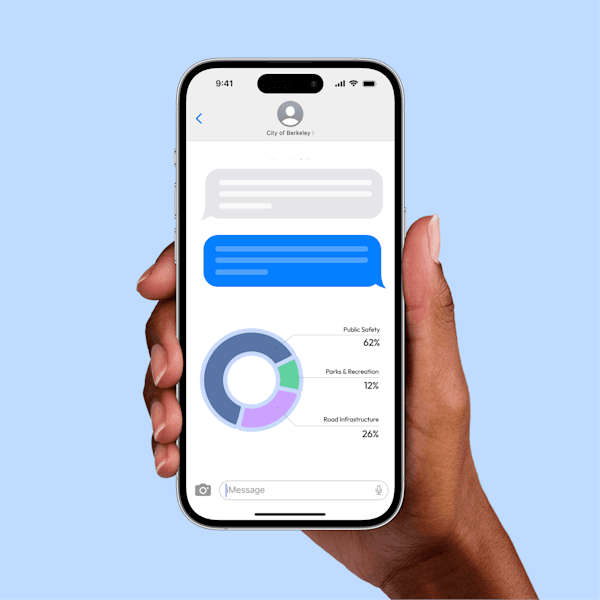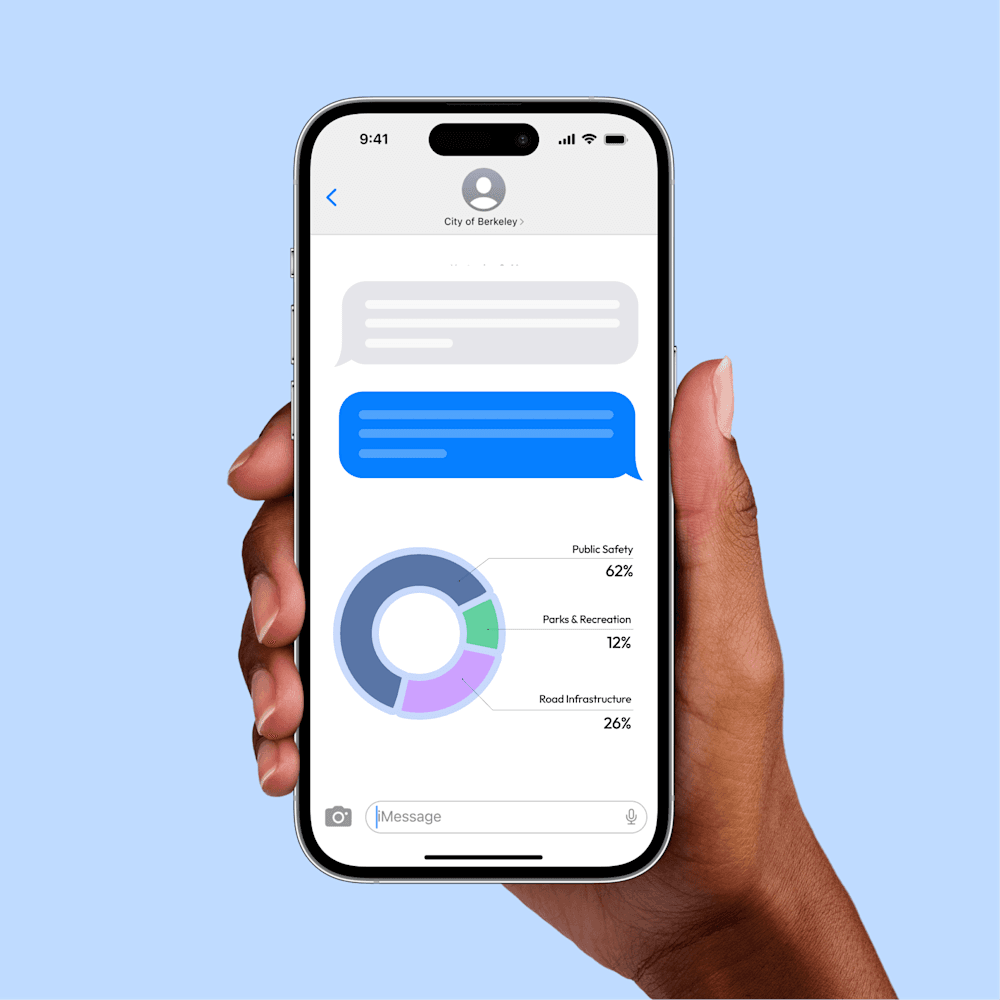What is Sunshine Law?
A sunshine law is any law that requires government meetings, records, decisions, and processes to be open and accessible to the public. These laws are designed to “let the sunlight in” by ensuring that government actions are transparent and accountable.
Sunshine laws vary by state, but most include provisions for:
Open public meetings
Advance meeting notices and agendas
Public access to government records
Rules against secret meetings
Public participation opportunities
California’s Brown Act and Florida’s Government-in-the-Sunshine Law are both examples of sunshine laws, but nearly every state has some form of open-meeting or open-records statute. At the federal level, the Freedom of Information Act (FOIA) plays a similar role by granting public access to government documents.
Sunshine laws are essential for strengthening public trust, preventing corruption, and encouraging civic engagement. They ensure that residents can see how decisions are made, hold officials accountable, and participate meaningfully in their communities.

